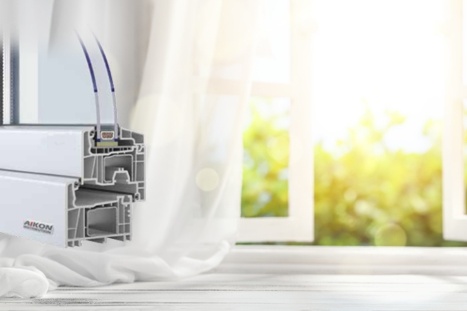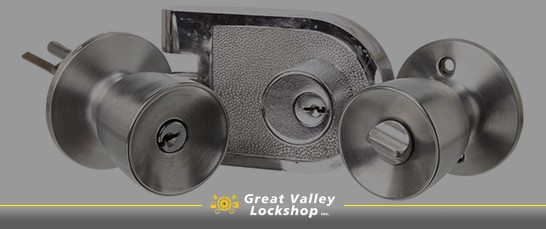Ecological windows, which means?

Ecological windows, which means?
blog | 10.11.2017
The broadly understood ecology is increasingly affecting our daily life. When we buy new items, we pay attention not only to the price and quality, but also to their effect on the environment. This applies also to the window window and door products. Producers and sellers are keen to emphasise that their windows are ecological, but not always do they explain what this “ecological” is about. This term may be understood in a variety of ways.
No hazardous compounds
The most frequent interpretation of “ecological windows” is that no materials with harmful chemicals are used for their production. PVC (polyvinyl chloride) windows have been in particular ostracised, as they are almost universally considered to be pure evil. Obviously, it is a stereotype only.
The PVC windows produced currently are 100% safe for both humans and the whole natural environment. They do not emit vinyl chloride (which is a common misconception), and they do not include mercury or cadmium.
Recycling is positive for the planet
PVC windows may be truthfully called the most environmental friendly windows because they are produced in a large part from recycled materials. It is not common knowledge that plastics may be used as many as 7 times!
Production of PVC windows thus directly contributes to reduction of the volume of plastics waste in landfills. Reusing materials allows to reduce the world consumption of oil or salt.
Ecological windows save energy
The greenhouse effect, the dangerously increasing level of the oceans, melting glaciers, weather anomalies, depleting natural resources (oil, gas, fossil fuels): these are the most important threats that we will have soon to face.
Without implementation of a wise and global energy policy, further destruction the natural environment, that is the whole planet, is unavoidable.
One of the more important elements of this policy is significant reduction of emission of greenhouse gases, which are generated, among others, when thermal energy is produced for households. This is the reason why energy-saving and passive buildings are so emphasised, as it will allow to reduce consumption of conventional fuels in the perspective of decades, thus reducing the levels of emission.
In this context, matters involving windows must be also considered Old, draughty windows and doors joinery generates huge losses of energy. In vivid terms, heat “escapes” through such windows and doors. As a result, more heat has to be produced, with additional costs incurred, fuel used and more litters of gases released into the atmosphere.
Ecological windows thus mean first of all new-generation windows, which guarantee perfect insulation parameters, including low heat transfer coefficient. With the investment in new windows and doors, significantly higher thermal comfort is guaranteed, bills for heating will be lower, and the user will contribute to the fight for the better fate of our planet.
The future of windows and doors
The solution has been tested for some time in the United States which may soon become commonly used. The semiconductor polymer in a form of a thin film applied on the transparent surface (e.g. a window pane) absorbs solar light and converts it into electricity.
The operating principle is similar to that known from photovoltaic panels of solar panels. Will our windows produce electricity in the future? Nothing can be ruled out today. What a great ecology would it be!
Read more:






